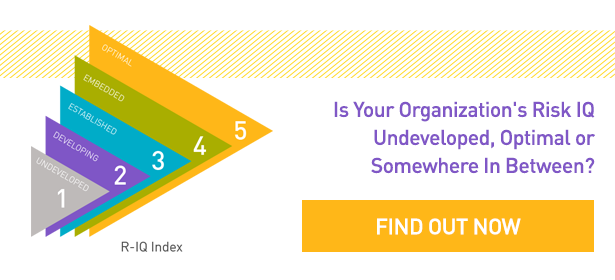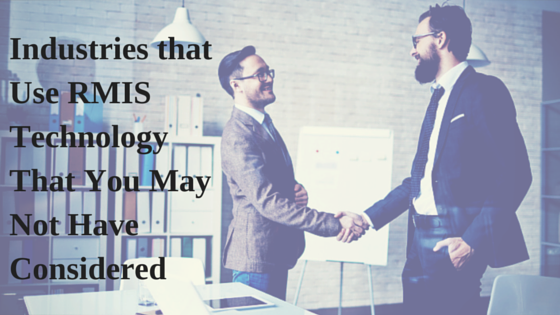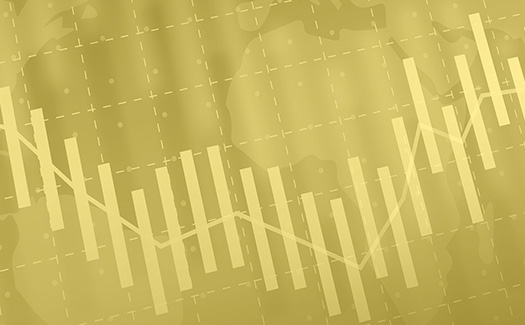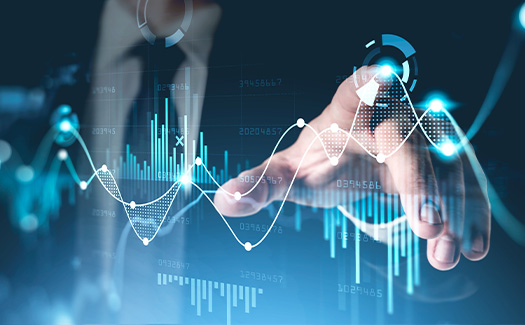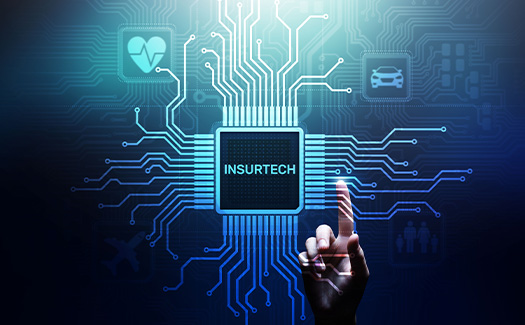Who Uses RMIS Technology to Reduce the Chance of Hazards and Improve the Way That They Do Business?
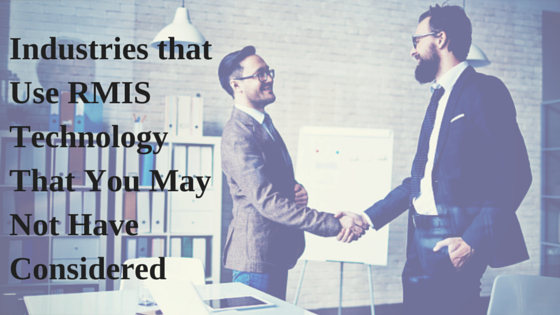
Typically, most people associate intensive risk management and risk management information systems with manufacturing or construction companies. It's very valid to associate safety and risk management with the sorts of companies that use large machinery or produce potentially dangerous chemicals. Obviously, businesses in these kinds of industries have lots of concerns about safety, commercial insurance, and managing risks.
However, there are plenty of other types of industries that face both physical and nonphysical hazards in their daily operations. It might be instructive to consider how some different industries can use an RMIS to manage risks and avoid hazards.
1. Financial and Accounting Professionals
CPAs, tax agents, and financial advisors may not have concerns about physical safety as much as other kinds of companies do. Still, these types of professionals face plenty of risks that a risk management system can help them with. For example, government rules and regulations change all of the time, and an RMIS can help financial professionals stay in compliance with rules.
Also, just like an RMIS helps manufacturing companies provide safety training, that same kind of system can deliver training about ethics and professionalism that can help financial firms avoid or reduce the chance malpractice claims. Of course, things that financial professionals and firms do to reduce risks usually also help them protect their brands and attract better clients.
2. Restaurants
Many restaurants are very vulnerable to claims from customers and workers. Besides staying in compliance with local regulations for safe food handling, employees need to be trained to avoid all sorts of pitfalls of food service. Hazards could include falls, burns, and injuries from sharp knives. In addition, training safe food handling ensures that customers have a good experience with their meals.
These are some startling statistics about hazards in restaurants:
- Over 67,000 restaurant workers suffered injuries that were severe enough to keep them out of work for longer than one day.
- Twenty percent of these injured restaurant workers lost over a month of work.
- Almost half of all food poisoning cases are incurred because of food eaten in a restaurant.
- Almost 6,000 restaurant fires get reported in the U.S. every year.
How Does An RMIS Help All Types of Businesses Avoid Hazards?
A RMIS software tool can help deliver training online and ensure that training gets completed in a timely manner. This same system can also get used to help produce compliance reports. Most of all, an RMIS helps streamline risk management by consolidating related information in one source and making it easy to produce a variety of reports on this data. This helps businesses buy the right commercial insurance and spot incident trends to help management spot and avoid potential problems in the future.
Companies that do the best job of managing risk tend to enjoy higher morale, lower insurance costs, and lower turnover. At Ventiv Technology, we have decades of experience helping all sorts of different businesses become safer, more profitable, and better places to work. To get started, contact us today.
